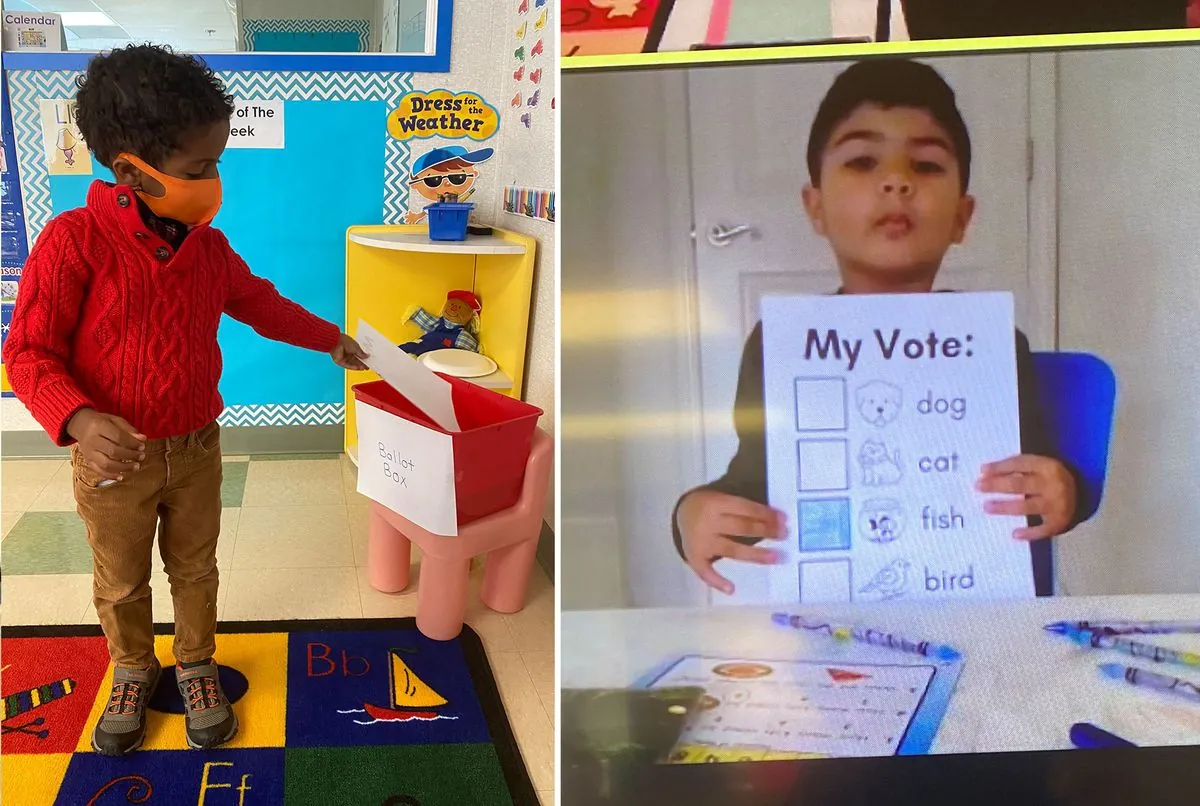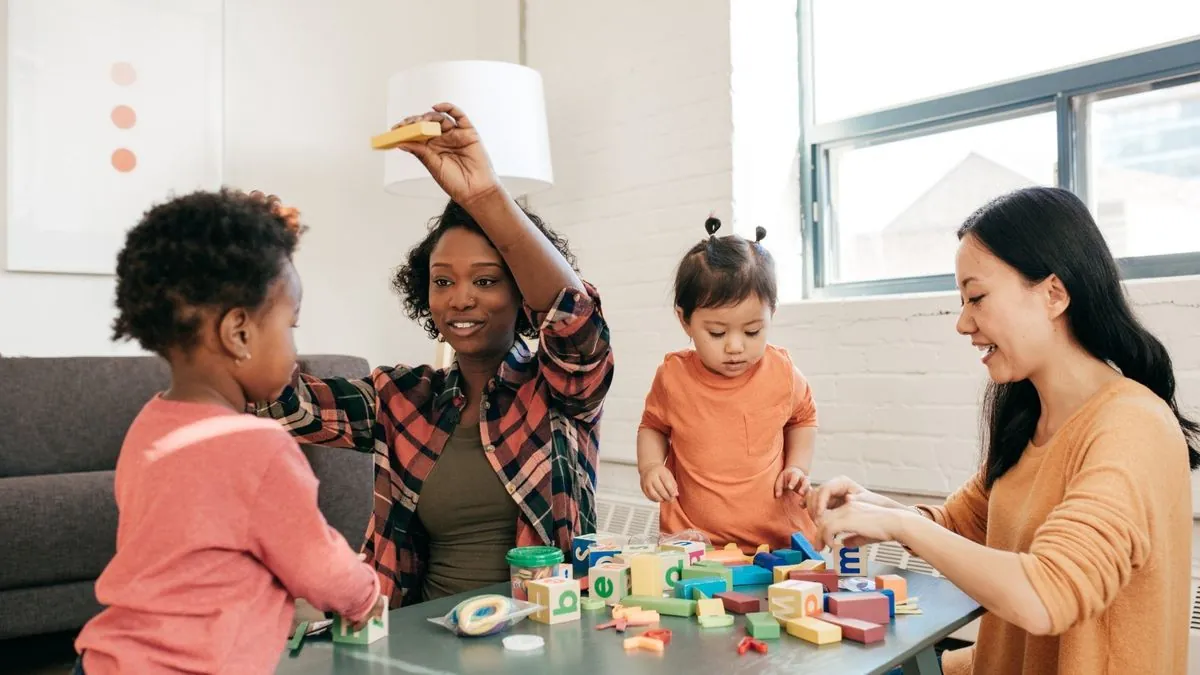Preschoolers Vote on PAW Patrol, Learn Early Civics Lessons
At a Virginia preschool, children vote on their favorite PAW Patrol character, part of a broader trend in early civics education. The initiative aims to foster good citizenship and strengthen democracy from an early age.

In a Virginia preschool, a unique voting event recently took place, showcasing an innovative approach to early civics education. Children aged 3 and 4 at the ACCA Child Development Center participated in a mock election, choosing between two popular characters from the animated series PAW Patrol: Chase, the police dog, and Skye, the aviator pup.
This activity is part of a growing trend in preschools across the United States, aiming to introduce young children to democratic principles and civic engagement. The goal is to nurture good citizenship and reinforce democratic values from an early age.
PAW Patrol, which first aired in August 2013, has become a global phenomenon, broadcast in over 170 countries. The show's emphasis on teamwork and problem-solving aligns well with the educational objectives of these early civics lessons.
At ACCA, children cast their votes by writing their names in crayon under pictures of their preferred character. This simple act introduces them to the concept of making choices and expressing preferences in a group setting.
"We're all here to help develop these children to become better citizens ... to be better problem-solvers and to be better equipped socially, emotionally. Because once they have a handle on that, I feel like things they accomplish and things they do will have a better impact on this world."
The preschool's approach goes beyond voting exercises. Children are given autonomy in various aspects of their day, including choosing topics for study and participating in food selection. This method affirms that their thoughts and opinions are valuable, as are those of their peers.
Dan Gartrell, an early education expert, emphasizes the importance of teaching "social democracy" at this age. This concept involves appreciating each group member, expressing thoughts and ideas respectfully, and resolving conflicts without hurtful words.

For children from immigrant families, these activities hold additional significance. María-Isabel Ballivian, the preschool's executive director, organizes events like Fourth of July gatherings to foster a sense of belonging among first-generation American students.
The preschool's diverse approach to learning reflects PAW Patrol's global appeal. The show has been translated into numerous languages and has addressed various issues, including environmental conservation, in its episodes.
As the voting in Room 14 concluded, Skye emerged victorious, demonstrating to the children the process and outcome of a democratic decision. This small-scale election serves as a microcosm of the larger civic lessons these young learners will encounter in the future.
While it will be years before these children participate in real elections, the foundations laid in preschool – problem-solving, empathy, and civic engagement – are crucial for developing informed and active citizens. As Ballivian notes, "I don't see how we can change the adults, but I do know, if we work hard, we can prepare our children for a better future."


































